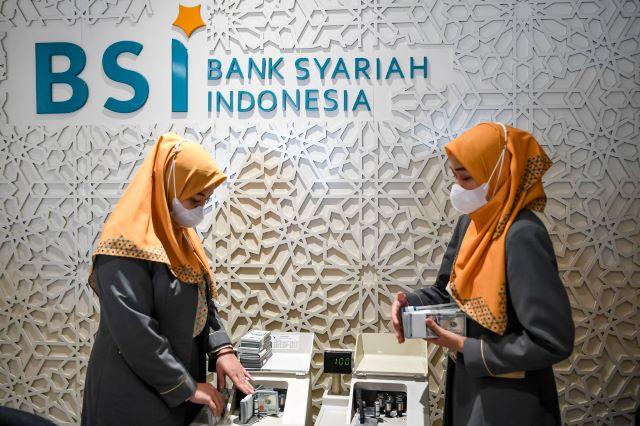The risks of household over-indebtedness
Change text size
Gift Premium Articles
to Anyone
 Nowadays, debt is perceived as an additional fund instead of a commitment to repay money that was borrowed. (Shutterstock/File)
Nowadays, debt is perceived as an additional fund instead of a commitment to repay money that was borrowed. (Shutterstock/File)
A
Chinese proverb says, “Happy is the man without sickness. Rich is the man with no debts.” It is a saying that has lost its magnitude over time.
Debt is not an invention of the modern economy, since the earliest recorded debt is dated in the summer of 3,500 BC for funding agricultural needs. Another historical debt was recorded in 1800 BC during the First Babylonian Dynasty under King Hammurabi, who established different interest rates for loans of grain and silver.
Today, debt is not only a financial instrument for boosting the economy, but also the backbone of every household in good times and bad.
The consumption-based approach that has been driving the global economy has transformed the function of debt. Nowadays, debt is perceived as an additional fund instead of a commitment to repay money that was borrowed, usually to purchase costly goods to fulfill basic and other needs.
When consumption growth overtakes growth in household income, many households decide to take out new debt to finance the old one. Overborrowing is a situation in which an individual borrows more than they can repay, such as by financing old debts with new debts, while over-indebtedness is a state when a debtor is unable to meet his/her debt payments.
The International Monetary Fund’s Global Financial Stability Report found that household debt in developed and developing countries continued to increase after the global financial crisis of 2007-2008. The median household debt-to-gross domestic product (GDP) ratio increased among developing countries from 15 percent in 2008 to 21 percent in 2016.
In developed countries, the household debt-to-GDP ratio increased from 52 percent in 2008 to 63 percent in in 2016. Compared to developed countries, growth in the household debt-to-GDP ratio was indeed much lower in developing countries, but the potential for higher growth in the debt ratio is greater, especially as loan applications can be made very quickly, easily and at high values with the ease of digital technology.

















